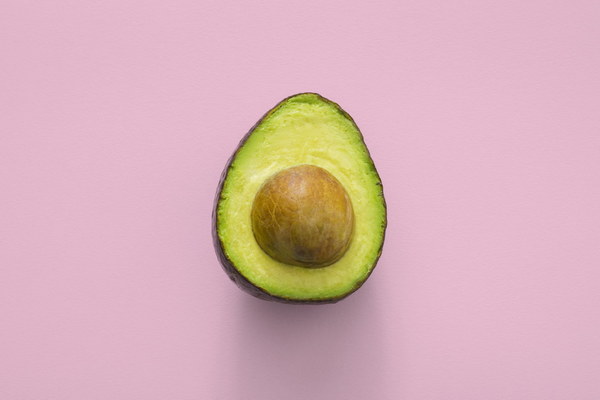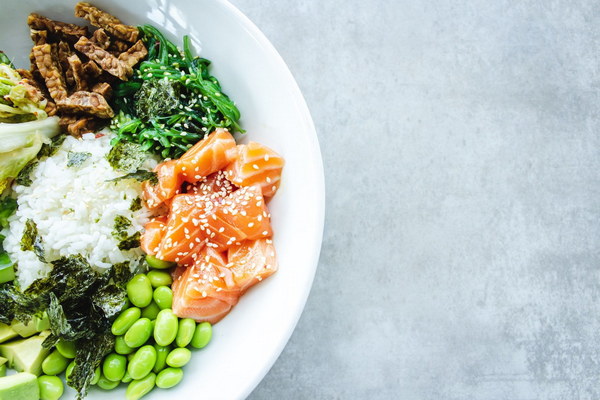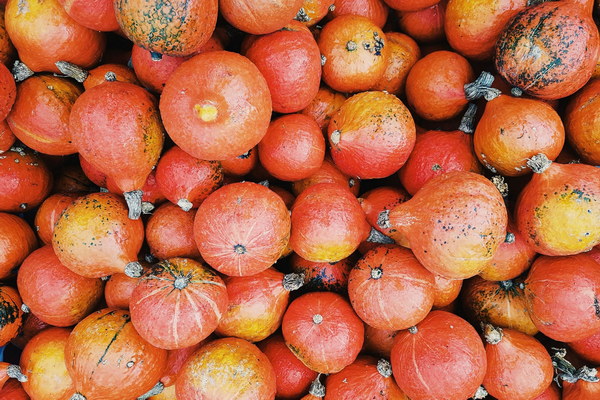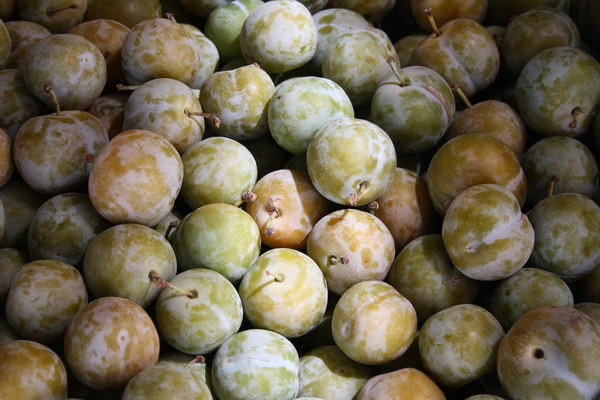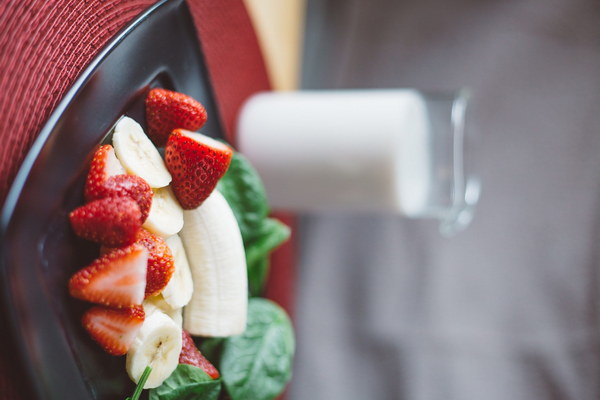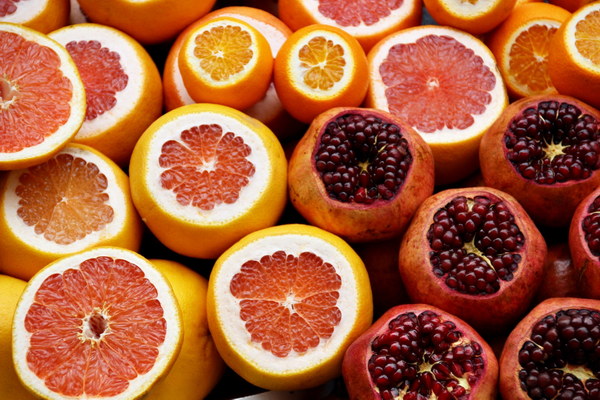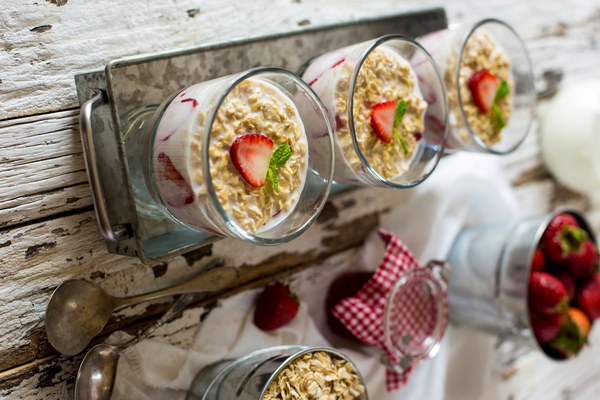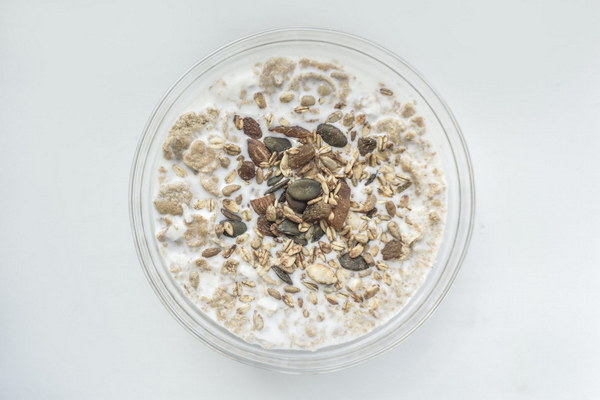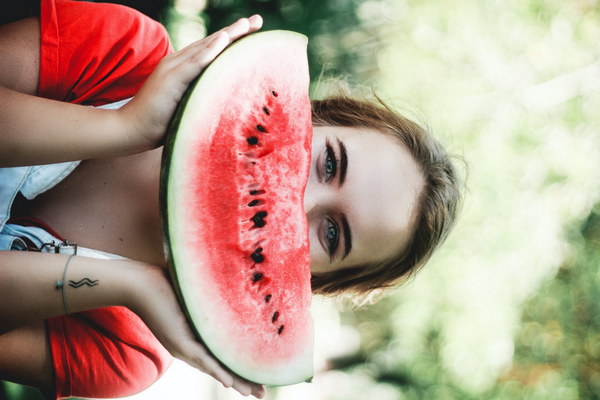Nourish Your Body with Traditional Chinese Medicines Herbal Tea Elixirs
In the realm of holistic wellness, Traditional Chinese Medicine (TCM) offers a wealth of wisdom that has stood the test of time. Among its many treasures is the art of crafting healing herbal teas. These brews, steeped in ancient knowledge, are designed not just to quench thirst but to nurture and balance the body's internal systems. Let's explore the world of TCM herbal teas and how they can be your allies in the quest for health and vitality.
Introduction to TCM Herbal Teas
Herbal teas in TCM are not just a comforting drink; they are a blend of natural ingredients thoughtfully chosen to address specific health concerns. Unlike Western herbal medicine, which often focuses on a single active ingredient, TCM herbal teas are composed of a combination of herbs that work synergistically to harmonize the body's Yin and Yang energies.
Common Ingredients and Their Benefits
1. Ginseng Root (Ren Shen)
Ren Shen is a cornerstone of TCM, prized for its ability to boost energy and improve cognitive function. It is often used to combat fatigue and enhance the immune system.
2. Peony Root (Mu Dan Pi)
Mu Dan Pi is known for its calming properties and its ability to cool the blood, making it beneficial for those suffering from hot flashes, menopausal symptoms, and skin issues.
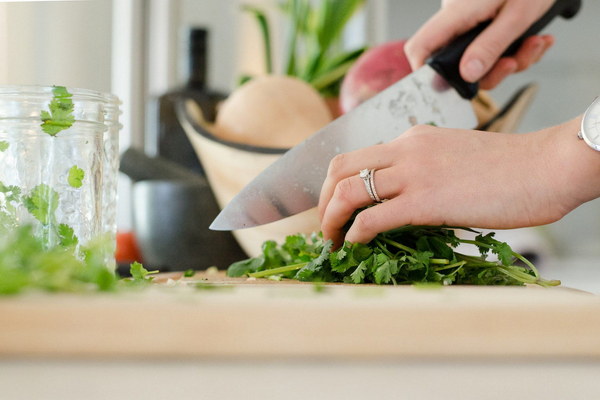
3. Chrysanthemum Flowers (Ju Hua)
Ju Hua is a popular choice for eye health and to alleviate eye strain. It also has a cooling effect, which can help in reducing fever and inflammation.
4. Goji Berries (Gou Qi Zi)
Gou Qi Zi is rich in antioxidants and is believed to enhance longevity. It is often used to support the immune system and improve vision.
5. Green Tea (Lü Chun)
Lü Chun is a staple in TCM for its ability to aid digestion, promote weight loss, and improve mental clarity. It is also known for its anti-aging properties.
Preparing Your TCM Herbal Tea
To prepare a TCM herbal tea, follow these simple steps:
1. Select the Right Herbs: Choose the herbs that address your specific health needs. Consult with a TCM practitioner for personalized recommendations.
2. Measure the Herbs: Use a scale to measure the herbs accurately. The usual dosage is about one teaspoon of dried herbs per cup of water.
3. Boil Water: Use filtered water and bring it to a boil.
4. Steep the Herbs: Place the measured herbs in a teapot or a heat-resistant mug. Pour the boiling water over the herbs and let them steep for 3-5 minutes, depending on the strength you desire.
5. Strain and Enjoy: Strain the tea and serve it hot or cold, as preferred.
Incorporating TCM Herbal Teas into Your Routine
Integrating TCM herbal teas into your daily routine can be a simple yet effective way to promote overall well-being. Here are some suggestions:
- Morning Routine: Start your day with a cup of a rejuvenating tea like ginseng or green tea to boost your energy levels.
- Evening Soothe: Wind down with a calming tea like peony root or chrysanthemum flowers to relax your mind and body.
- Seasonal Teas: Tailor your herbal tea selection to the season. For example, during the summer, you might opt for a cooling tea like mint or lemon balm.
- Health Focus: If you have a specific health concern, look for a tea that addresses that issue. For instance, if you have digestion issues, consider a tea with ginger or peppermint.
Conclusion
Traditional Chinese Medicine's herbal teas are a testament to the timeless wisdom of natural healing. By incorporating these teas into your daily life, you can enjoy not only their delicious flavors but also their myriad health benefits. Remember, while TCM herbal teas can be a valuable addition to a wellness regimen, they should be used in conjunction with a balanced diet and a healthy lifestyle. Always consult with a healthcare professional before starting any new herbal regimen. Cheers to your health and vitality with the soothing embrace of TCM herbal teas!
